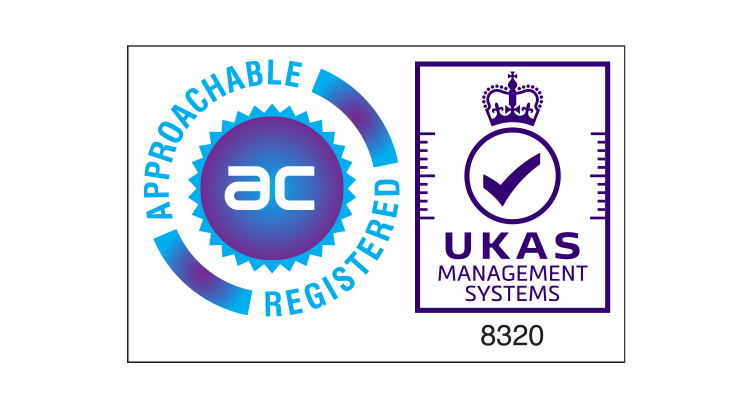What is a Field Service Engineer?
In field service, the field service engineer is often the backbone of service delivery. In the UK, roughly one in five businesses rely on field service teams to deliver their services. These companies employ over 6.7 million people, and the market is growing. That’s a lot of people!
Whether you’re a company looking to hire a field service engineer or an individual considering this career path, it’s essential to understand the skills and responsibilities that come with the job. This article will answer the question, “what is a field service engineer?”.
What is a field service engineer?
Some engineering jobs may require you to work in a workshop, a production line, an office or a laboratory. Field service engineers work primarily in the field, visiting various sites to deploy their skills and delivery service. They are not based in the office and deliver service off-site or ‘in the field’.
What does a field service engineer do?
Field service engineers are also known as field engineers, field service technicians, or field techs. They are typically responsible for installing, repairing, and maintaining equipment on behalf of an organisation for their customers.
Field engineers use their theoretical and practical understanding of engineering and repair skills to solve problems. This can be in locations ranging from airports to housing stock, stock workshops and construction sites. Depending on the industry, field service technicians can be responsible for a wide variety of specialised machinery, systems and equipment.

What are the main duties of a field engineer?
Depending on the industry and the nature of the service organisation, field service engineers typically perform the following tasks:
- Providing exceptional customer service during field visits, ensuring customer satisfaction and loyalty.
- Diagnosing technical issues and performing diagnostics tests to develop effective solutions.
- Conducting on-site repairs, test tasks, and installations to ensure equipment is fully functional.
- Documenting processes and producing detailed service reports maintaining accurate records.
- Collaborating with clients’ technical teams and sharing relevant information to build positive relationships.
- Suggesting suitable recommendations based on customers’ requirements to meet their specific needs.
- Prioritising safety and following standard protocols and policies while performing tasks and operating machinery and vehicles safely
- Responding promptly to customer issues, making equipment recommendations, and offering solutions to enhance performance
- Checking and updating databases and field automation systems to track work progression.
- Improve customer experience by investigating complaints, identifying effective resolutions, and suggesting suitable operating techniques to enhance system performance.
- Building sustainable customer relationships to promote repeat business and long-term success.
What are the skills of a field technician?
We’ve outlined what a field service engineer does. Now let’s look at what skills a field engineer must possess to deliver the highest degree of service.
Technical Proficiency
A field technician must have a solid technical background. They must be proficient in troubleshooting, diagnostics, repair, and maintenance of specialised equipment.
Problem-Solving
An essential part of the job is quickly identifying and resolving technical issues in real-time and on-site. A field technician must be skilled in problem-solving, analysing data, and developing practical solutions.
Attention to Detail
A high level of attention to detail is necessary. This helps ensure equipment functions correctly and that all documentation is accurate.
Time Management
Field technicians must be able to manage their time effectively to complete work orders and meet the job’s demands. This includes scheduling appointments, prioritising work orders, and working efficiently to complete tasks within tight deadlines.
Customer Service Skills
Field technicians must have excellent communication skills to interact with customers professionally and provide exceptional customer service. They should also be able to manage customer expectations and handle complaints and customer feedback effectively.
Safe Operator
Field engineers must know and follow all safety compliance protocols and procedures. This ensures a safe working environment for themselves and those around them.
Adaptable
The job of a field service engineer often involves travelling to different locations and working in different environments. An engineer must be adaptable and able to work effectively in various situations.
Suitably Qualified
Being certified can help field engineers differentiate themselves from competitors and demonstrate their commitment to their profession. Ongoing training and certification are crucial for field engineers to stay updated and maintain competence.
Innovative
Technology constantly evolves, and a field service engineer must keep up-to-date with industry trends and advancements. A willingness to learn and develop new skills is crucial to succeeding in this field.
The Role of a Field Service Engineer
Field engineers are critical in ensuring complex technical equipment and systems function correctly and efficiently. They possess unique skills that enable them to diagnose technical issues, develop practical solutions, and provide exceptional customer service. With their expertise, field technicians operate across various industries, including manufacturing, healthcare, energy, IT, aerospace, and construction. The importance of field service engineers cannot be overstated, and their demand is only increasing as technology continues to evolve.











